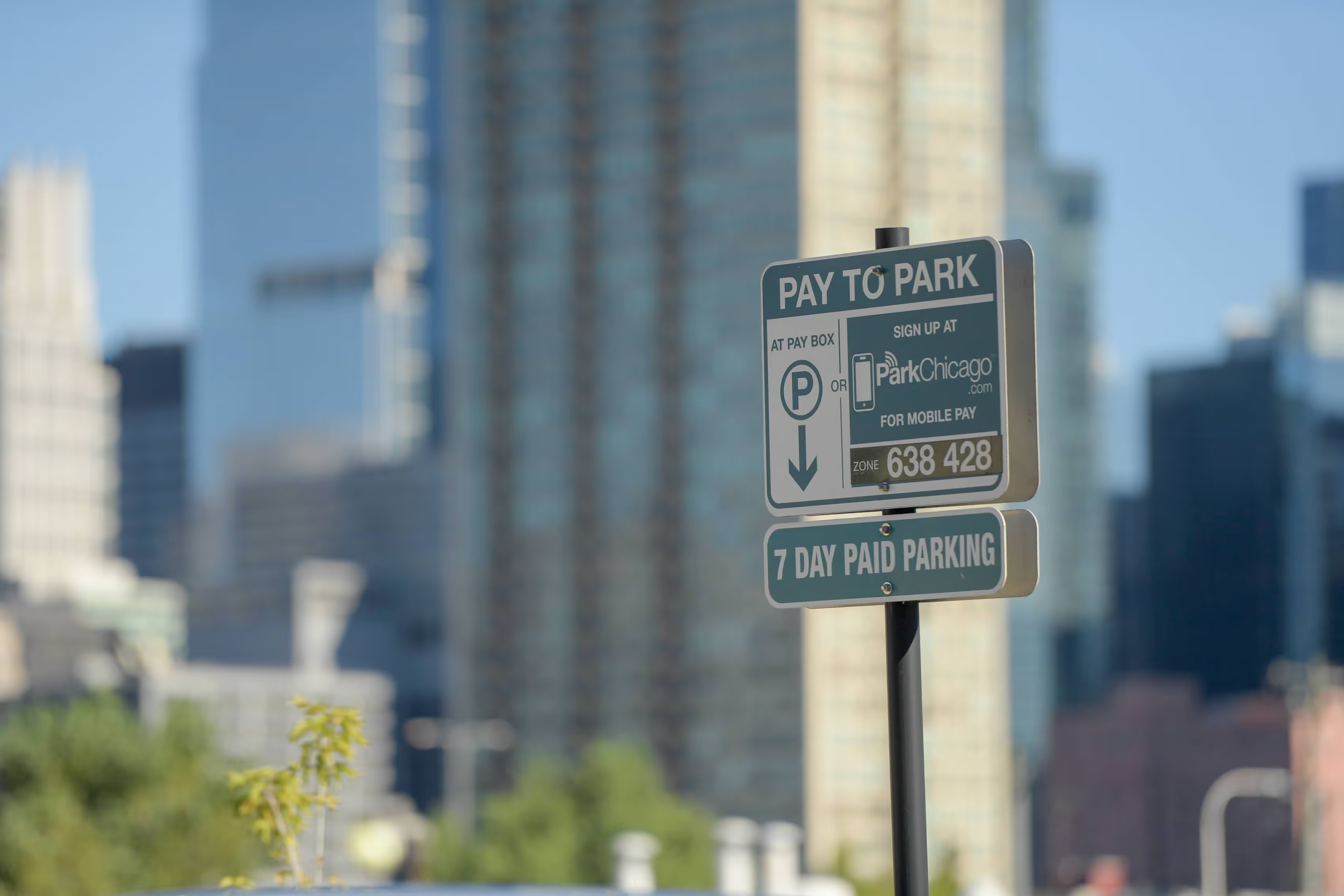Chicago Should Pursue Legal Avenues to Overturn Daley-Era Parking Meter Deal

Reversing the "Great Chicago Sell-Off" is possible and can be done on solid legal ground
In the hot pursuit of quick cash to avoid raising property taxes, former Mayor Richard M. Daley embarked on a fire sale of city assets. In an auction to the highest bidder, Daley unloaded garages, bridges, parking meters, and the Skyway. While Daley raked in $3.4 billion in the sale, he waved goodbye to sources of revenue that would have aided Chicago as it stares down a massive debt as the city heads into 2025.
With Chicago’s chaotic finances becoming more troublesome, it is time for the Chicago to weigh signing on to a “class action law a suit” to stop the highway robbery of potential city revenues resulting the misguided parking meter deal that the city leadership was solely responsible for. The fact that the group assembled by Morgan Stanley to purchase the meters, Chicago Parking Meters LLC (CPM), has already recouped its entire lease payment to the city plus over $700 million more with 60 years remaining on the 75-year lease makes clear the deal should be challenged as being “Manifestly Against Public Policy.”
The parking meters, the downtown garages, and the Skyway were all disposed of by Mayor Daley in what could be accurately described as a clearance sale. Of those three agreements, the parking meter lease was the largest. Aside from being very bad financial deals, the city’s decision to spend almost all the lease proceeds rather than invest them in the city pension funds was in itself a fiscally irresponsible decision. Had the proceeds from the leases been invested in the city employee pension funds, they would have generated an additional $15 billion more in assets today.
Then Mayor Rahm Emanuel actually declined to join a class action suit filed in 2013 to challenge the constitutionality of the parking meter deal. At the time, Emanuel’s rationale for declining to join in on the lawsuit was it surrendered a significant amount of the city’s exclusive governmental authority over the regulation of traffic and transportation. The company filed a motion to dismiss. Emanuel, in an effort to secure a favorable monetary outcome in negotiations about Sunday metered parking in certain sections of the city, made formal written statements that the deal was perfectly legal and, in some ways, benefited the city and the public.
Emanuel’s statements were actually used by CPM as a basis for dismissing the class action suit. The judge, in a ruling, cited those very Emanuel statements in doing so and dismissing the class action suit. Emanuel, in effect, reinforced the company’s positions. Despite Emanuel’s penny wise-pound foolish ceding of the deal’s constitutionality, the situation has significantly changed.
The private firm made a record $150.9 million in parking revenues in 2023, according to an annual audit by accounting firm KPMG. This compares to the $23.8 million in meter payments in 2008, the year before CPM took over. Even though Chicago Parking Meters LLC lost a third of its annual revenue in 2020 during the height of COVID, the system still generated enough money that year to spin off a $13 million distribution to investors. The 2022 distribution to investors more than doubled to $28.7 million.
Despite Chicago Parking Meters LLC already having recouped its entire $1.16 billion investment, plus almost $700 million more, and the prospect that meter revenue will exceed $9 billion (in current dollars) over the remaining 60 years of the lease, CPM’s greed is driving it to seek more. The parking firm is claiming an additional $100 million because the city designated 4,011 parking spots as reserve, effectively taking them away from the company and costing it revenue.
Rather than challenge the meter deal itself, the city that seems to have never had a lawsuit that it refused the settle is instead looking for ways to pay the $100 million CPM is demanding. Chicago may have to cover the potential cost by giving CPM control of more parking spaces. The concession contract with CPM also allows the city to mitigate the damages using means such as converting reserve spaces the city controls to concession spaces.
One cannot help but be cynical about the city’s whole approach to public safety. It refuses to make modest investments needed to make the CTA safe to restore and increase ridership which only forces more people to use their cars. The city then imposes the most draconian and regressive system of ticketing and fining motorists who are too fearful to use public transportation. Of course, forcing people to transport themselves is a massive windfall to the parking meter investors.
Mayor Brandon Johnson should revisit the lease agreement and consider mounting a legal challenge on the grounds that the contract is void for the reason it is “Manifestly Against Public Policy.” Early arguments of this nature faced an uphill battle because, while the agreement was unusual in duration, relinquishing public control of an important financial, commercial and transportation policy tool, the harms in actual cost to the public were speculative. Today, however, with each annual addition to the ever-mounting corporate windfall, harm to the public that might have been speculative at the outset must now be viewed as a hard fact.
Moreover, a serious and sustained legal challenge might spur the meter company to a compromise which would allow the company to continue to manage the meters but provide generous revenue sharing with the city. Should Chicago pursue legal action and prevail, the city’s share might then be dedicated to the CTA exclusively for public safety with a goal to making riding public transit as safe as going to the airport. This would help restore and improve ridership which is critical for the system to avoid draconian service cuts demands for union contract give backs.
